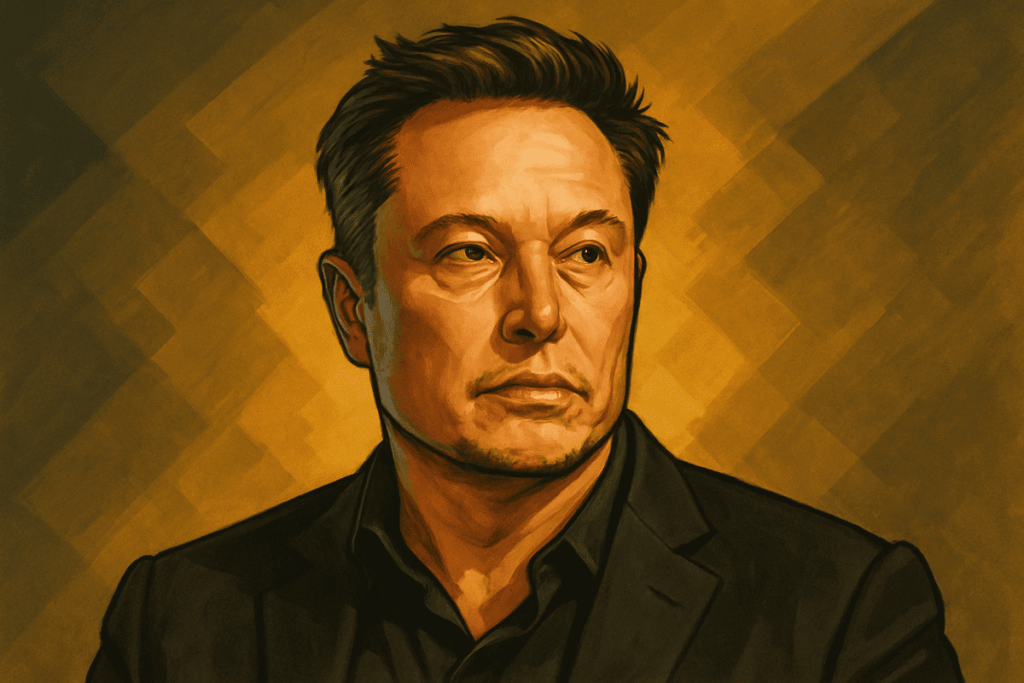Elon Musk has announced his departure as head of the Department of Government Efficiency (DOGE), admitting that the job proved to be a more difficult undertaking than anticipated and acknowledging that his foray into politics may have come at a cost.
Musk confirmed his resignation via an X post on May 29, thanking President Donald Trump for the opportunity to tackle government waste. His role, designated as a Special Government Employee, was legally limited to 130 days of service a term set to end on May 30.
A White House official told Reuters that Musk’s “off-boarding will begin tonight.” Speaking to The Washington Post earlier this week, Musk candidly described his experience: “The federal bureaucracy situation is much worse than I expected. It was an uphill battle trying to improve things in DC, to say the least.”
Newsletter
Get weekly updates on the newest crypto stories, case studies and tips right in your mailbox.
In a separate interview with CBS, Musk criticized the multi-trillion-dollar tax break package passed by House Republicans on May 22. He argued that the bill would worsen the budget deficit and undermine DOGE’s objectives.
Although DOGE claims to have saved U.S. taxpayers $175 billion since Trump’s return to office on January 20, the figure has been hotly contested by media outlets, which cite numerous errors and accuse the program of inflating results. The claimed savings fall well short of Musk’s original $2 trillion target, later revised to $150 billion.
According to Reuters, DOGE has overseen the reduction of nearly 12% of the federal workforce approximately 260,000 jobs through layoffs, buyouts, and early retirement incentives.
Despite the criticism, Musk remained optimistic about DOGE’s long-term impact. “The mission will only strengthen over time as it becomes a way of life throughout the government,” he posted on X.
Musk’s exit comes amid growing legal scrutiny. A federal judge recently allowed a lawsuit filed by 14 states to proceed against Musk and DOGE. The suit alleges they unlawfully exerted influence over federal operations, illegally accessed government data systems, and inappropriately terminated public employees and federal contracts, potentially violating the U.S. Constitution.
In a May 28 interview with Ars Technica, Musk admitted he may have overinvested his attention in politics. “I think I probably did spend a bit too much time on politics,” he said. He emphasized, however, that his DOGE involvement had been exaggerated by the media. “It’s not like I left the companies. It was just relative time allocation that probably was a little too high on the government side, and I’ve reduced that significantly in recent weeks.”
Musk’s announcement in Tesla’s Q1 report that his focus on DOGE would decline led to a more than 5% bump in Tesla (TSLA) shares during after-hours trading, despite the company posting an 80% drop in net income for the quarter.
As of March 31, Tesla held 11,509 bitcoin, valued at approximately $1.24 billion. Yet, TSLA shares are down 5.9% year to date, a trend mirrored by other major tech players like Apple (AAPL), Nvidia (NVDA), Amazon (AMZN), and Google (GOOG), all experiencing declines in 2025.













